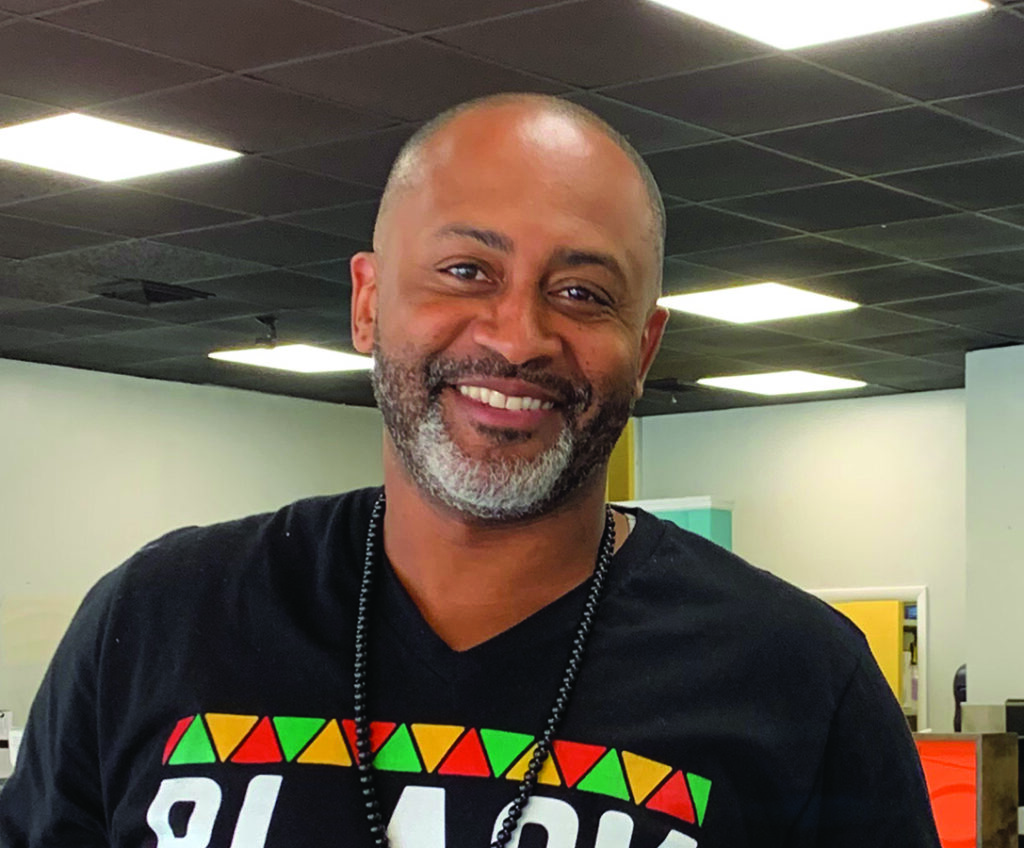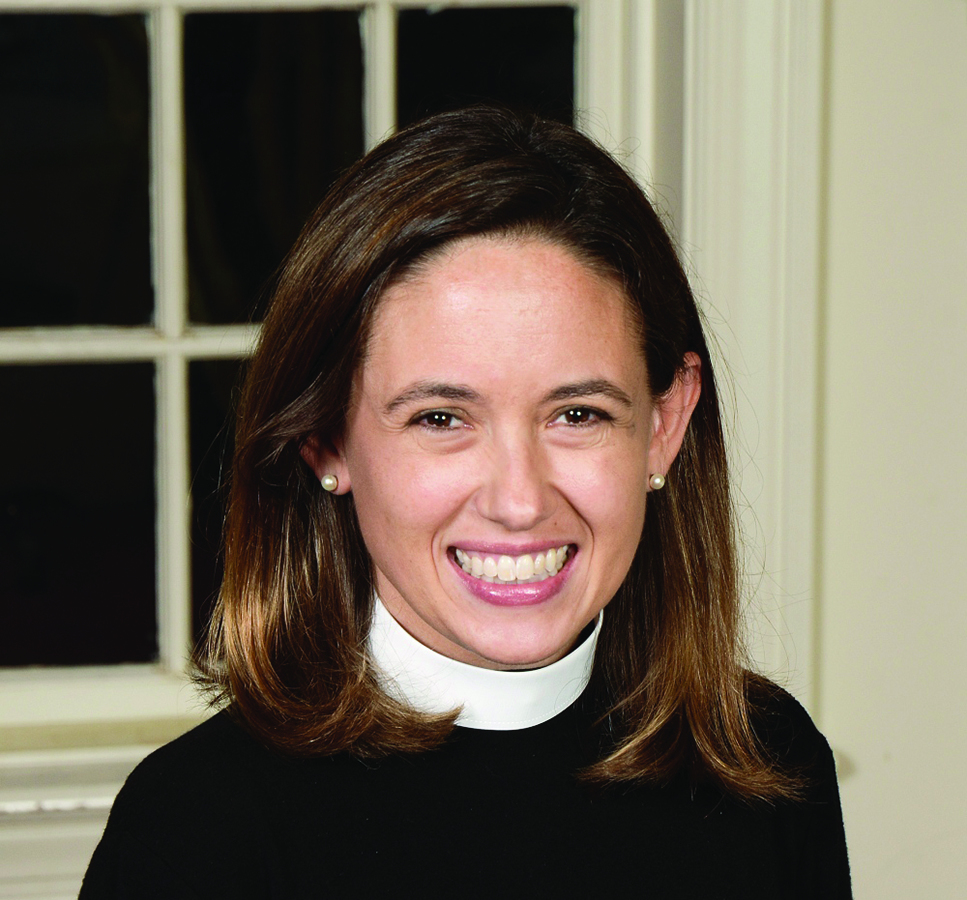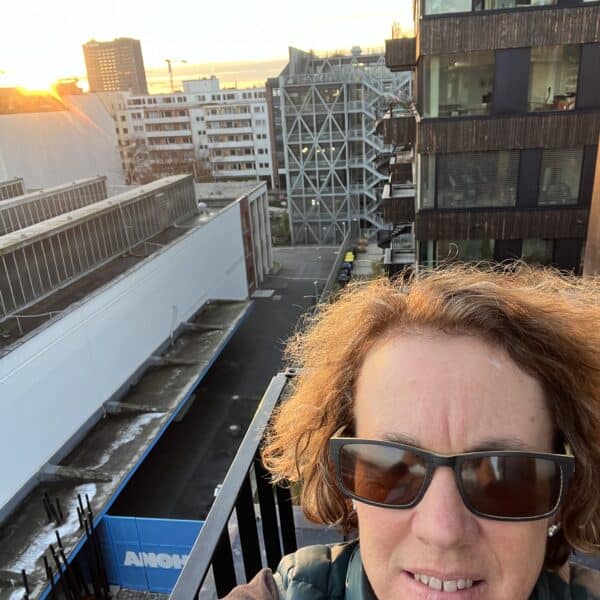by Tricia Dewey | photos provided by Wohlner, Mathes, Cornish; Earle Fisher photo by Tricia Dewey
It is one thing to say with the prophet Amos, “Let justice roll down like mighty waters,” and quite another to work out the irrigation system –William Sloane Coffin, Jr.
With more than 700 religious worship spaces in the greater Memphis area, Memphis has been called the “buckle” of the Bible Belt. The Memphis religious world has a long legacy of social justice beginning with the “martyrs of Memphis,” the Episcopal Sisters of St. Mary, who gave their lives while nursing the poor and dying during the yellow fever epidemic of 1878. In 1918, Dr. William Fineshriber of Temple Israel became the first local man to speak publicly in favor of women’s suffrage. Martin Luther King delivered his Mountaintop Speech on April 3, 1968, at Mason Temple, the night before he was assassinated. King said, “Something is happening in our world. The masses of people are rising up.” One day later, 300 clergy, including Rabbi James Wax of Temple Israel, marched from St. Mary’s Cathedral to City Hall to ask Mayor Henry Loeb to negotiate to end the sanitation strike. Most recently, in 2020, Black clergy wrote to Memphis city leaders asking for reforms to prevent police brutality.
Pastor Earle Fisher, Senior Pastor at Abyssinian Baptist Church in Whitehaven, points to texts such as Luke 4 where Jesus reads from Isaiah 61: “The spirit of the Lord is on me because he has anointed me to proclaim good news to the poor.” But to Fisher the specific texts also give way to the notion that the scriptures themselves are grounded in social justice. “I think the perception that people have relative to social justice, religiosity, spirituality, black liberation theology is that somehow it’s an addendum to scriptures when in essence it’s the foundation of what the scriptures are.”
Social justice work at Abyssinian Baptist has evolved over the past 10 years, Fisher says, and includes the images they project during services wearing traditional African garb, their purposeful references to the Black Messiah, and their efforts to contract with minority and Black business owners when needed. “We try to be intentional about our mission and our vision….But beyond that it’s a commitment to not just raise the spiritual consciousness of the community but also the social consciousness of the community.” For Fisher there is no line between social justice and the church. “Within our pastoral preaching, direction, and material are the themes, the projects, the programs that we feel are uplifting and enlightening and empowering to the black community especially, but not just to the black community…. We make sure that we are centering our offerings on those who are most directly impacted.”

Abyssinian Baptist adopted every neighborhood school and hosts quarterly conversations. They partner with SisterReach, a reproductive justice organization, and with voter empowerment organizations like #UPTheVote901. #UPTheVote901 is a nonpartisan group founded by Fisher designed to produce more political power, information, and voter representation and increase voter turnout in every election. A part of this quest for social justice ministry or black liberation theology is seeking to not just speak truth to power, but speaking truth with power and empowering the people who have been rendered powerless. “So in essence,” Fisher says, “it’s a vehicle to help us enact the principles and realities of the gospel.”
For Associate Rabbi Bess Wohlner of Temple Israel, the oldest and largest Jewish congregation in Tennessee, Judaism’s commitment to social justice originates from its core story – the Exodus from Egypt. She says that at its heart, the story reminds us that change is always possible; if the status quo is unjust, the system can be dismantled. The Torah reminds people to protect the vulnerable and that justice is something to be pursued. Another foundational social justice text comes from the Mishnah in Pirkei Avot 2:16 (The Ethics of Our Ancestors), which says, “It is not your duty to complete the work and neither are you free to desist from it.” She explains, “Our tradition is clear. We acknowledge the world is full of injustices, so much so that it can be overwhelming. However, this quote instructs, we humans are required to do something to address them. Doing nothing is not Jewish.” Looking for these social justice opportunities has led Temple Israel to larger community groups of faith like Metropolitan Inter-Faith Association (MIFA) founded in 1968, which provides direct service to underserved communities, or that work for systemic change like Memphis Interfaith Coalition for Action and Hope (MICAH), which former Associate Rabbi Katie Bauman helped to found.

At Church of the Holy Communion, an Episcopal church in East Memphis, Senior Associate Rector Rev. Hester Mathes looks to the words in the baptismal covenant for her inspiration. One of the questions is, “Will you strive for justice and peace among all people, and respect the dignity of every human being?” and the answer is, “I will with God’s help.’’ Mathes says, “To me that’s loaded into the very understanding of what it means to take on and want to be a part of a community of faith….To me these vows basically call us for a life beyond ourselves.” For an affluent mostly privileged congregation, she says, it is important for us to remind ourselves that we are not chipping in with a solution “but in the process of saying this is what we have to offer, we’re saying that we have to learn and listen as well.” To Mathes, justice is that right for each person to feel seen, heard, and worthy, whether working on Team Read or on meals for Constance Abbey or with MIFA, “basically it’s making sure that we’re a part of helping people gain access to the tools that they need to be independent, self-sufficient, healthy, and safe.”

Senior Minister Cheryl Cornish of First Congregational Church in Cooper-Young says, “At First Congregational we believe every person represents the face of God, and we work very intentionally to create an inclusive community. We value diversity of all kinds, we want racial diversity, we want economic diversity. We have had a formal statement welcoming the LGBTQIA community to the congregation since 1990, and of course we’ve had women in leadership for the last century.’’ First Congregational believes that to follow God means to love justice and to seek mercy as the prophets say. First known as Stranger’s Church, First Congregational was founded when Memphis fell during the Civil War, to reach out to freed slaves. From the beginning, this church had a ministry of welcoming the stranger. As Rev. Cornish says, “Above all, we see the work for justice and peace as a work of joy. It’s really a joy to bring people together for common purpose and cause and I would say our worship services reflect that. The ethos of this congregation is one of deep friendship and community and joy.”

It can take many forms and a variety of inspirations, but these clergy and their congregations in Memphis are on the front lines of speaking and living truth to power.



